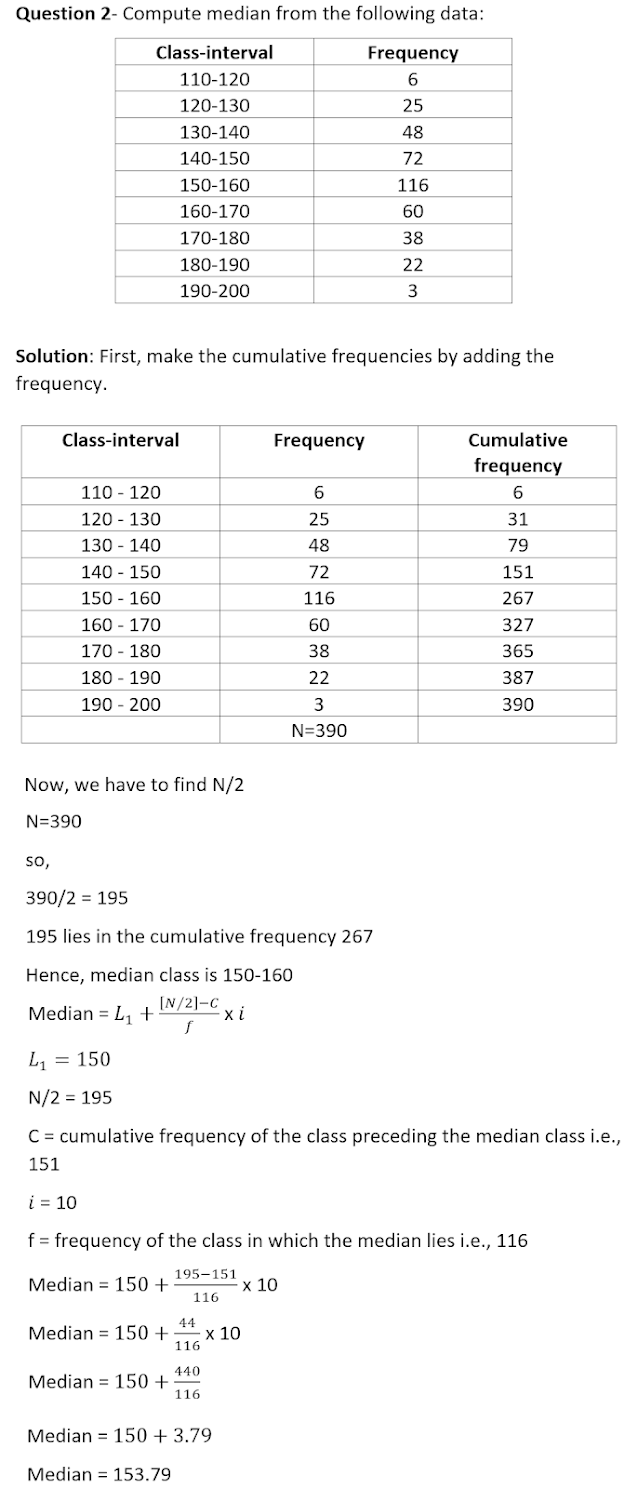BERTRAND’S DUOPOLY MODEL Joseph Bertrand, a French mathematician, criticized Cournot’s duopoly solution and put forth a substitute model of duopoly. According to Bertrand, two firms produce a homogenous good and compete in prices. There is no limit to the fall in price since each producer can always lower the price by underbidding the other and increasing his supply of output until the price becomes equal to his unit cost of production [marginal cost]. Theoretically, this competition in prices, ends with the firms selling their goods at marginal costs and thus making zero profits. In Bertrand’s model, the producers first set the price of the product and then produce the output which is demanded at that price. Thus, in Bertrand’s adjusting variable is price and not output. Assumptions: 1- Duopolists produce homogeneous goods and consumers have no preference for either of the firms and, therefore, buy from the firm offering the good at a lower price. 2-Both firms compete with ...










Comments
Post a Comment